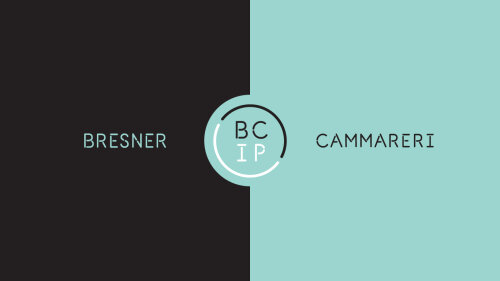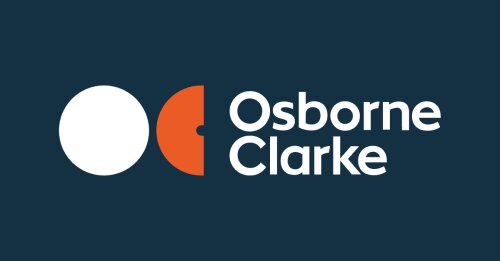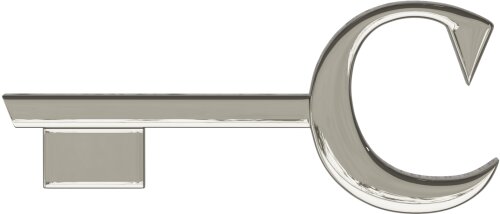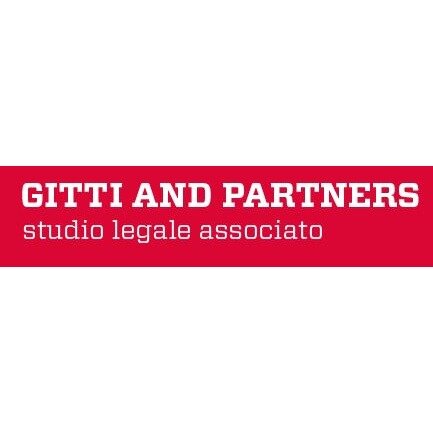Best Sanctions & Export Controls Lawyers in Milan
Share your needs with us, get contacted by law firms.
Free. Takes 2 min.
List of the best lawyers in Milan, Italy
About Sanctions & Export Controls Law in Milan, Italy
Sanctions and export controls are key instruments used by governments and international organizations to regulate the movement of goods, services, technology, and funds across borders for security, foreign policy, and economic reasons. In Milan, Italy, these laws are particularly significant given the city's position as an economic and commercial hub. Italian law, aligned with European Union regulations, enforces restrictions on trade and financial dealings with specific countries, entities, and individuals, making compliance a complex but essential part of doing business for local and international companies.
Why You May Need a Lawyer
Legal advice in the field of sanctions and export controls is vital for many reasons. Common situations where individuals and businesses in Milan may require legal assistance include:
- Exporting or importing goods and technologies to or from countries subject to sanctions
- Navigating sudden changes in Italian or EU sanctions policies
- Conducting due diligence on business partners and clients to avoid inadvertent violations
- Addressing investigations or audits from authorities regarding possible sanctions breaches
- Applying for licenses or authorizations to conduct otherwise restricted transactions
- Developing compliance programs to train staff and manage risk
- Responding to contract disputes arising from changes in sanctions law
A legal expert will help interpret complex regulations, minimize risks, and act swiftly in case of regulatory or enforcement actions.
Local Laws Overview
Sanctions and export controls in Milan are predominantly governed by Italian legislation in concert with European Union regulations. Key aspects to know include:
- EU Regulations: Italian entities must comply with restrictive measures (sanctions) imposed by the European Union on countries such as Russia, Iran, North Korea, and others. These rules cover arms embargoes, asset freezes, travel bans, and restrictions on the export of dual-use items, technologies, and certain financial services.
- National Enforcement: Italian authorities implement and enforce EU sanctions through various ministries and agencies, particularly the Ministry of Foreign Affairs and the Ministry of Economic Development.
- Dual Use Goods: Export of items with both civilian and military applications (dual use) is controlled. Exports often require special authorizations and risk heavy fines or prosecution for breaches.
- Financial Controls: Transactions involving sanctioned people, companies, or nations are closely monitored. Italian banks and financial institutions must conduct rigorous screening and may freeze assets or block transactions.
- Criminal and Administrative Liability: Both companies and individuals may be held responsible for breaches, even in cases of negligence, not just intent.
Non-compliance can lead to financial penalties, criminal prosecution, reputational damage, and the suspension of business operations.
Frequently Asked Questions
What are sanctions and export controls?
Sanctions are legal restrictions imposed on countries, individuals, or entities, while export controls regulate the transfer of certain goods, software, and technologies to ensure they are not used for harmful purposes.
Who must comply with these regulations in Milan?
Any person or entity in Milan involved in international trade or financial transactions must comply, including exporters, manufacturers, banks, logistics companies, and even consultants.
Do Italian companies have to follow both EU and national sanctions?
Yes. Italian companies must comply with EU-wide sanctions as well as national Italian laws, which may add extra measures in some cases.
Are there penalties for violating sanctions laws?
Yes. Penalties can include substantial fines, criminal charges, asset seizures, and loss of business licenses.
How do I know if a product is subject to export controls?
Products are classified using EU and Italian control lists, especially for dual use goods. Legal counsel or export authorities can help determine if your goods need special authorization.
What is required for exporting controlled items?
You may need to apply for export licenses or permits and complete detailed documentation. Sometimes end-user certificates or additional checks are required.
Can sanctions change quickly?
Yes. Sanctions are dynamic and can be updated frequently in response to political developments. Staying informed is critical.
What should I do if I suspect a sanctions violation?
Seek legal advice immediately. Voluntary disclosure and swift corrective action can help reduce penalties.
How can a lawyer help my business comply with export controls?
A lawyer can help with risk assessment, staff training, compliance program development, transaction screening, and obtaining necessary authorizations.
Where can I get official information on current sanctions?
Authorities such as the Italian Ministry of Foreign Affairs and the European Commission provide up-to-date information on current sanctions lists and requirements.
Additional Resources
If you need more information on sanctions and export controls, the following resources may be valuable:
- Italian Ministry of Foreign Affairs - Directorate General for Global Affairs
- Ministry of Economic Development - Export Control Office
- Guardia di Finanza (Italian Financial Police) for reporting and enforcement issues
- European Commission - Sanctions Map and dual use regulations
- Chamber of Commerce of Milan for seminars and business guidance
- Trade associations such as Confcommercio or Confindustria for industry-specific updates
Next Steps
If you believe your business or activities may be affected by sanctions or export controls in Milan, consider these steps:
- Identify whether your products, services, or transactions may be subject to restrictions
- Consult the official lists and regulations published by Italian and EU authorities
- Document your due diligence, screening, and compliance measures
- Contact a qualified lawyer specializing in sanctions and export controls in Milan for a full assessment
- Implement or update your compliance and training programs to ensure ongoing compliance
Prompt action and professional legal advice are essential in this complex field. Taking these steps will help protect your interests and position your organization for compliant growth in the global market.
Lawzana helps you find the best lawyers and law firms in Milan through a curated and pre-screened list of qualified legal professionals. Our platform offers rankings and detailed profiles of attorneys and law firms, allowing you to compare based on practice areas, including Sanctions & Export Controls, experience, and client feedback.
Each profile includes a description of the firm's areas of practice, client reviews, team members and partners, year of establishment, spoken languages, office locations, contact information, social media presence, and any published articles or resources. Most firms on our platform speak English and are experienced in both local and international legal matters.
Get a quote from top-rated law firms in Milan, Italy — quickly, securely, and without unnecessary hassle.
Disclaimer:
The information provided on this page is for general informational purposes only and does not constitute legal advice. While we strive to ensure the accuracy and relevance of the content, legal information may change over time, and interpretations of the law can vary. You should always consult with a qualified legal professional for advice specific to your situation.
We disclaim all liability for actions taken or not taken based on the content of this page. If you believe any information is incorrect or outdated, please contact us, and we will review and update it where appropriate.

















